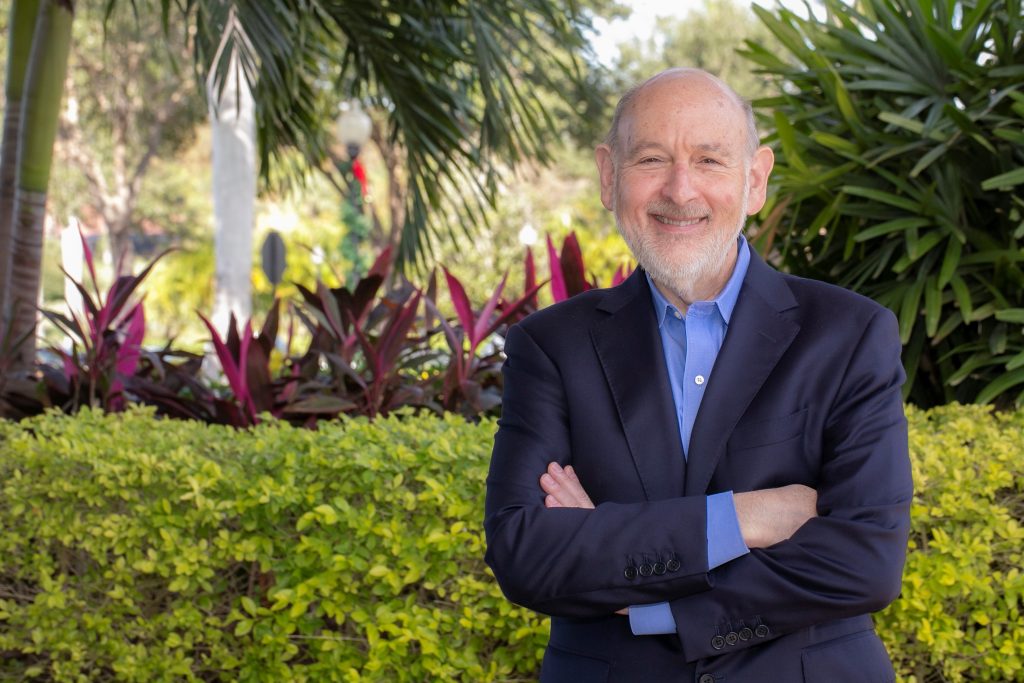#SameHere Psych
Expert Profile - James Greenblatt

Dr. James Greenblatt
MD, Integrative Psychiatrist
Orthomolecular Hall of Fame Inductee 2017
Assistant Clinical Professor of Psychiatry at Tufts University School of Medicine
Founder of Psychiatry Redefined, an Educational Platform Dedicated to the Transformation of Psychiatry
Chief Medical Officer & Vice President of Medical Services at Walden Behavioral Care
Author of 7 books including Finally Focused, Answers to Anorexia 2nd edition, The Cinderella Story of Nutritional Lithium, Integrative Medicine for Alzheimer’s, Integrative Medicine for Binge Eating, Integrative Medicine for Depression, and coming soon a book on Functional & Integrative Medicine for Antidepressant Withdrawal
Dr. James Greenblatt’s Bio:
A pioneer in the field of functional and integrative medicine, board-certified child and adult psychiatrist, James M. Greenblatt, MD, has treated patients since 1988. After receiving his medical degree and completing his psychiatry residency at George Washington University, Dr. Greenblatt completed a fellowship in child and adolescent psychiatry at Johns Hopkins Medical School. He currently serves as the Chief Medical Officer at Walden Behavioral Care in Dedham, MA.
Dr. Greenblatt has lectured internationally on the scientific evidence for nutritional interventions in psychiatry. He is the author of seven books, including Answers to Anorexia, Finally Focused: The Breakthrough Natural Treatment Plan for ADHD, and his upcoming book Functional & Integrative Medicine for Antidepressant Withdrawal which will be released in Spring 2022. Dr. Greenblatt was inducted into the Orthomolecular Hall of Fame in 2017 by the International Society of Orthomolecular Medicine. He is also the founder of Psychiatry Redefined, an educational platform dedicated to the transformation of psychiatry, which offers online courses, webinars, and fellowships for professionals. Please visit www.PsychiatryRedefined.org or www.JamesGreenblattMD.com for more information
What life events or challenges that you’ve experienced (could be minor, could be major) – whether you’ve experienced them directly or via someone close to you, have had any type of impact on your desire to pursue a career in Psychiatry?
During my pediatric internship in the 1980s, with the goal of becoming a pediatrician, I became not only sleep deprived due to the on-call experience every third night but I was overwhelmed by the children and families struggling with mental health challenges even though they were not identified as such. I experienced in the emergency room many victims of trauma and abuse; in the Neonatal Intensive Care Unit (NICU) I experienced overwhelming guilt, sorrow, and grief; and in my outpatient rotation, I was particularly moved by children with chronic Abdominal pain without any medical reasons. When I was given the time to sit with these young children, I was able to discover bullying and difficult peer relationships at school. This information is never obtained in brief medical visits. At that time, I changed my residency program from pediatrics to psychiatry with the goal of child psychiatry.
How did those events impact you emotionally/morally? How, if at all did those events impact the way you view how our current system teaches us to treat patients with mental health challenges?
During my residency in pediatrics, I found few services for children struggling with mental health challenges. Many of these kids were not identified with psychiatric diagnoses and were struggling with physical symptoms that found them and their families caught up in the medical system that was not appropriate for the psychological and overwhelming stress in their lives. My concern for the total health of pediatric patients shifted to models of family therapy, nutritional and lifestyle changes, as well as a better understanding of the social and cultural impact on determinants of health.
When and why did you decide to actually focus on practicing Integrative Psychiatry, specifically, and how was your decision shaped by the experiences above?
My interest in Integrative Psychiatry actually started in college where I was able to do an independent study on Orthomolecular medicine and the role of Vitamin B3 in Schizophrenia. I was able to spend 6 weeks studying the work of Linus Pauling and Abraham Hoffer. This unique experience in the early 1980’s provided the impetus for ongoing readings and clinical interest in Integrative Psychiatry.
What methods or practices do you utilize to help individuals get/feel better?
My practice has been devoted to the Functional Medicine aspects of Integrative Psychiatry. I have utilized an organized Functional Medicine testing approach looking at those tests most relevant to psychiatry and developing a personalized nutritional supplement plan with individual and family psychotherapy to support patients in recovery.
How did people react when you share this Integrative/Holistic approach with them – whether it be patients or other doctors?
Over 33 years of practicing Integrative Psychiatry, my colleagues and patients are much more open and interested in understanding Integrative Medicine for mental health. People appreciate objective testing, the model of not guessing but having a scientific, evidence-based approach. I also believe in a balanced approach to meeting patients where they are most comfortable utilizing all tools, which might include medications.
Contact:

